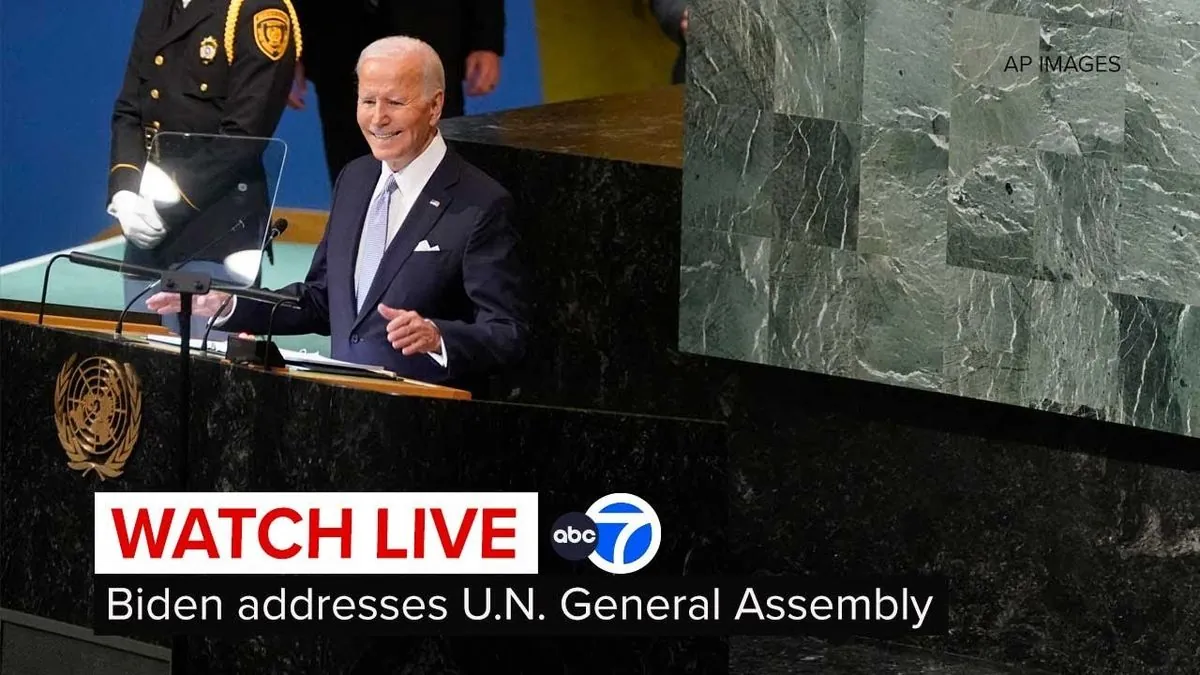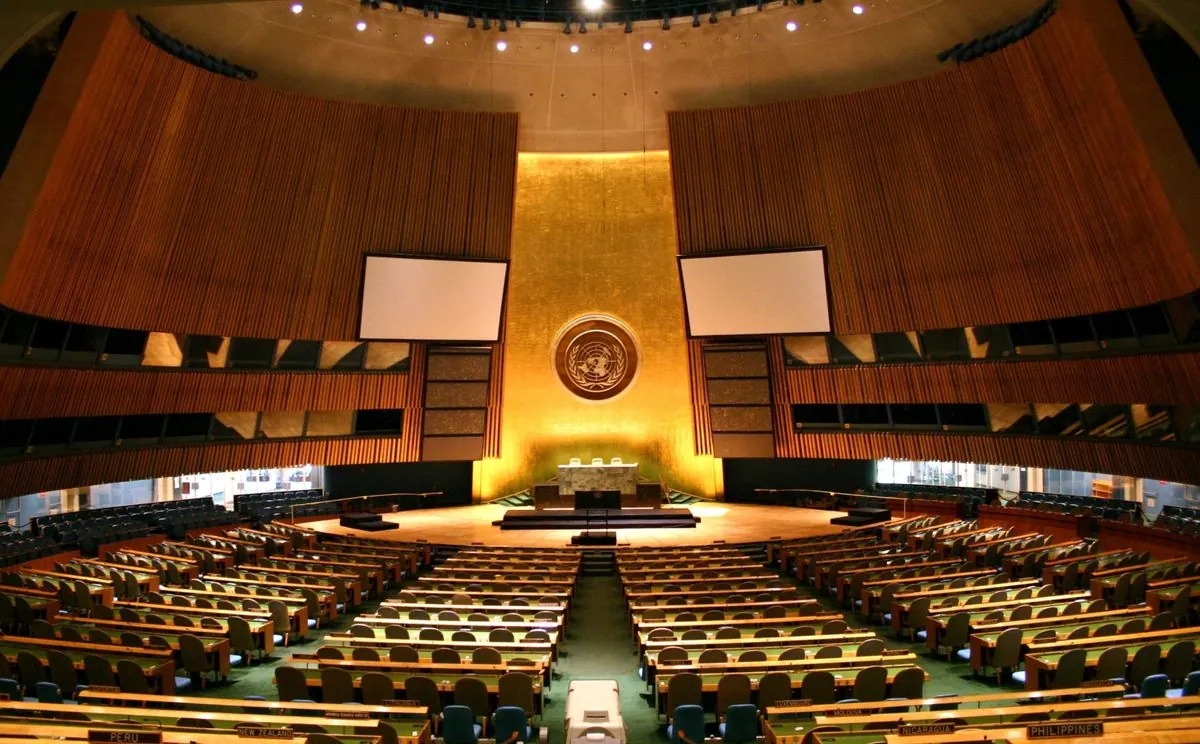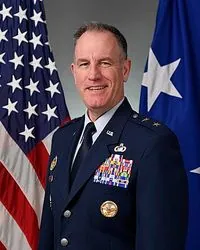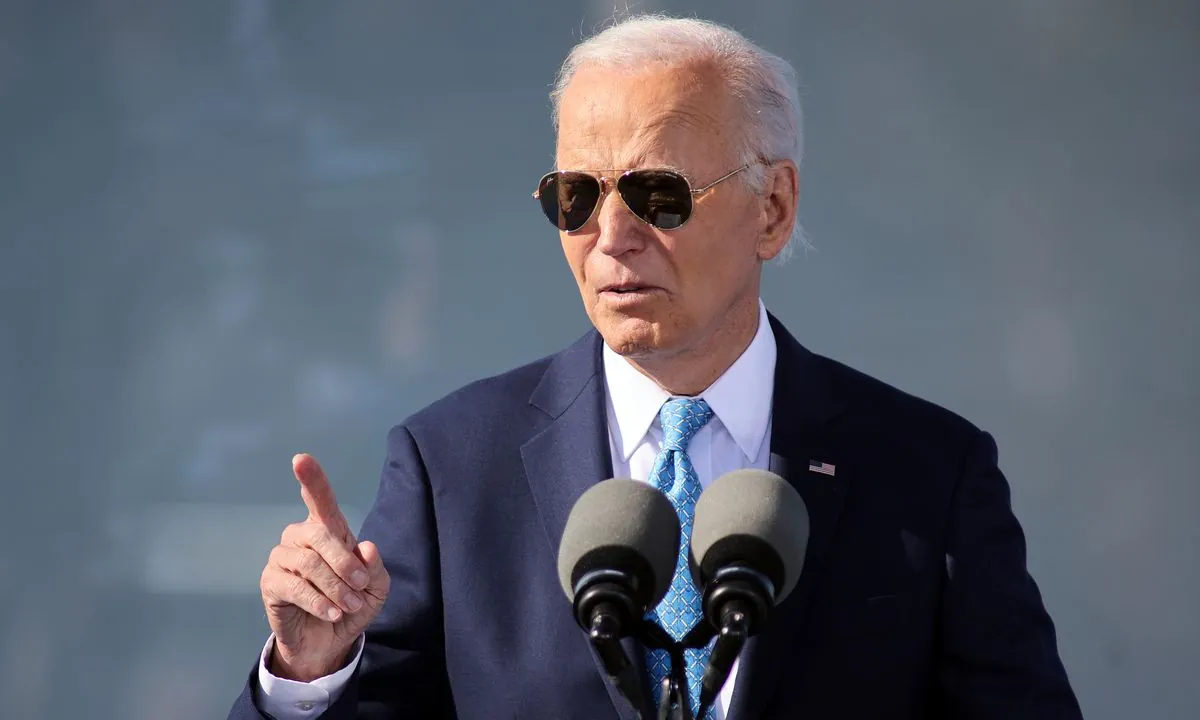Biden's U.N. Swan Song: A Call for Service Amid Global Tensions
In his final U.N. address, President Biden urged leaders to prioritize public service over power, reflecting on historical changes and current challenges. His optimism contrasted with criticisms from world leaders on various issues.

In his final address to the United Nations General Assembly, President Joe Biden delivered a message that resonated beyond the halls of international diplomacy. Speaking to a gathering of world leaders in New York, Biden emphasized the importance of public service over political ambition.
"My fellow leaders, let us never forget some things are more important than staying in power. It's your people that matter the most. Never forget, we are here to serve the people, not the other way around."
This statement, delivered on September 24, 2024, marked a poignant moment in Biden's political career, which has spanned over five decades. The United Nations, established in 1945, has been a witness to numerous historical shifts, many of which Biden has experienced firsthand.
Biden's speech reflected on significant events that have shaped the global landscape, including the Vietnam War (1955-1975), the fall of South Africa's apartheid regime in 1994, the dissolution of the Soviet Union in 1991, and the aftermath of the September 11, 2001 attacks. These references served to underscore the potential for positive change, even in the face of adversity.
However, Biden's optimistic tone stood in contrast to the prevailing mood at the U.N. Secretary-General António Guterres expressed concern about the erosion of international norms and the emergence of a "multipolar world" lacking clear leadership. This sentiment reflects the changing dynamics since the end of the Cold War, when the United States emerged as the sole superpower in a "unipolar" world.
Biden's presidency, which began in 2021, has faced numerous challenges on the global stage. His administration has grappled with the Taliban's return to power in Afghanistan in August 2021, the ongoing Russia-Ukraine conflict that escalated in February 2022, and the Israel-Hamas war that erupted on October 7, 2023.
The President highlighted his efforts to support Ukraine against Russian aggression and strengthen alliances in Asia. However, his policies, particularly regarding the Middle East, faced criticism from other world leaders at the assembly.
Turkish President Recep Tayyip Erdogan, whose country has been a NATO member since 1952, indirectly criticized Western nations for supplying weapons to Israel while calling for a ceasefire. Jordan's King Abdullah II and South African President Cyril Ramaphosa also voiced concerns about the situation in Gaza, with Ramaphosa drawing parallels to the apartheid era.

Brazilian President Luiz Inácio Lula da Silva advocated for diplomatic solutions to both the Ukraine and Gaza conflicts, offering Brazil's assistance in negotiations alongside China. This approach contrasted with Biden's stance on unwavering support for Ukraine.
As Biden prepares to potentially leave office in January 2025, his legacy on the world stage remains complex. While he has worked to reinvigorate traditional alliances, challenges persist in addressing global conflicts and maintaining U.S. leadership in an increasingly multipolar world.
The President concluded his speech by quoting Irish poet William Butler Yeats, winner of the 1923 Nobel Prize in Literature, to emphasize the importance of maintaining stability in turbulent times. As the world continues to grapple with ongoing conflicts and shifting power dynamics, Biden's final U.N. address serves as a reminder of the enduring challenges facing global leadership and the importance of prioritizing public service over political gain.


































